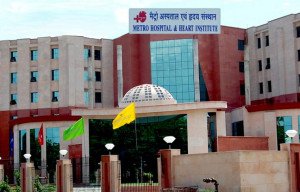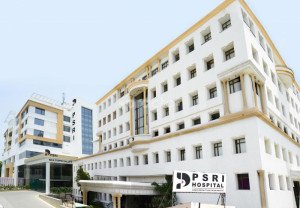Best PCOS-PCOD Treatment In India
Related By Gynaecology
| # | {packageDetails.name} Treatment Cost | Average Price | Price |
|---|---|---|---|
| 1 | How much does a surgery cost in India? | 25000.00 | 20000.00 - 35000.00 |

- What are the signs and symptoms of polycystic ovary syndrome?
- What exactly causes polycystic ovarian syndrome?
- Types of Polycystic ovary syndrome (PCOS)
- About Polycystic ovary syndrome (PCOS)
- Can I have PCOS without showing any symptoms?
- Diagnosis
- Prevention
- What is the PCOD issue?
- Who is susceptible to PCOS?
- How prevalent is PCOS?
- What is the treatment for polycystic ovarian syndrome?
- Can I conceive if I have PCOS?
- What hormones influence PCOS?
Package Details
What are the signs and symptoms of polycystic ovary syndrome?
What exactly causes polycystic ovarian syndrome?
PCOS's actual etiology is uncertain. There is evidence that genetics is involved. Other variables that contribute to PCOS include:
Increased amounts of male hormones known as androgens: High androgen levels inhibit the ovaries' ability to release eggs (ovulation), resulting in irregular menstrual periods. Irregular ovulation can also result in the formation of tiny, fluid-filled sacs in the ovaries. Acne and excessive hair growth are also symptoms of high androgen levels in women.
Insulin resistance occurs when insulin levels rise, causing the ovaries to produce and release male hormones (androgens). Increased male hormones suppress ovulation and contribute to other PCOS symptoms. Insulin aids your body's digestion and use of glucose (sugar). Insulin resistance indicates that your The body does not digest insulin appropriately, resulting in excessive blood glucose levels. Although not all people with insulin resistance have high blood sugar or diabetes, insulin resistance can lead to diabetes. Obesity that is overweight can also lead to insulin resistance. Even if your blood glucose is normal, a high insulin level might suggest insulin resistance.
Persistent low-grade inflammation: People with PCOS are prone to chronic low-grade inflammation. Blood tests can be performed by your healthcare practitioner to detect levels of C-reactive protein (CRP) and white blood cells, which can indicate the degree of inflammation in your body.
- Genetic factors
Heredity
- Excessive male hormones (androgens)
- Low-grade inflammation
- Unhealthy diet
- And an irregular sleep cycle.
- Excessive body weight/obesity
- Abdominal infection or inflammation
- Excess insulin
- Urban predispositionFactors of genetic origin
- Male hormones in excess (androgens)
- Unhealthy dietary habits
- Sleep cycles are less and less erratic.
- Obesity/excess body weight
- Infection or inflammation of the abdomen
- Insulin overdose
- A preference towards cities
Types of Polycystic ovary syndrome (PCOS)
Imbalanced hormones Polycystic ovaries Multiple small fluid-filled cysts on the ovaries.
About Polycystic ovary syndrome (PCOS)
Polycystic ovary syndrome (PCOS) is a hormonal disorder of the ovaries among women it is a metabolic disorder and is commonly found at reproductive age. PCOD/PCOS may have characterized by three things-
Can I have PCOS without showing any symptoms?
Yes, it is possible to have PCOS without experiencing any symptoms. Many people are unaware they have the illness until they have difficulty becoming pregnant or gain weight for inexplicable reasons. It's also possible to have moderate PCOS, in which the symptoms aren't severe enough to warrant your attention
- Periodic irregularities (early, scanty, heavy, or delayed)
- Excessive acne and oily skin
- Rapid weight gain
- Weight loss is difficult.
- Excessive hair growth on the body
- Baldness at the crown of the head
- Facial hair growth Constant exhaustion and sleepiness
- Mood fluctuations that are frequent and intense
Whether you want PCOS treatment for the unmarried or are suffering from PCOD problems after marriage and want an effective treatment alternative, ensure to go to professionals for remedial actions.
Diagnosis
Prevention
What is the PCOD issue?
Who is susceptible to PCOS?
How prevalent is PCOS?
PCOS is highly common, affecting up to 15% of women of reproductive age.
What is the treatment for polycystic ovarian syndrome?
- Eat a balanced diet: A healthy diet can help manage insulin resistance, which is often associated with PCOS. A balanced diet should include whole grains, fruits and vegetables, lean proteins, and healthy fats.
- Exercise regularly: Exercise can help manage weight and improve insulin sensitivity. It's recommended to engage in at least 150 minutes of moderate-intensity exercise per week.
- Manage stress: Stress can exacerbate PCOS symptoms. It's important to practice stress-reducing activities such as meditation, yoga, or deep breathing.
- Get enough sleep: Sleep deprivation can lead to increased insulin resistance and weight gain. Aim for at least 7-8 hours of sleep per night.
- Stay hydrated: Drinking enough water can help flush out toxins and improve digestion.
- Take medications as prescribed: Medications such as birth control pills, metformin, and anti-androgens may be prescribed to manage PCOS symptoms. It's important to take them as prescribed by a healthcare provider.
- Seek support: PCOS can be a challenging condition to manage. Joining a support group or speaking with a healthcare provider can provide emotional support and help with proper planning for PCOS symptoms and treatment.
Can I conceive if I have PCOS?
What hormones influence PCOS?
- Androgens (such testosterone and androstenedione) (like testosterone and androstenedione).
- Luteinizing hormone (LH)
- FSH is a follicle-stimulating hormone (FSH).
- Estrogen.
- Progesterone.
- Insulin.







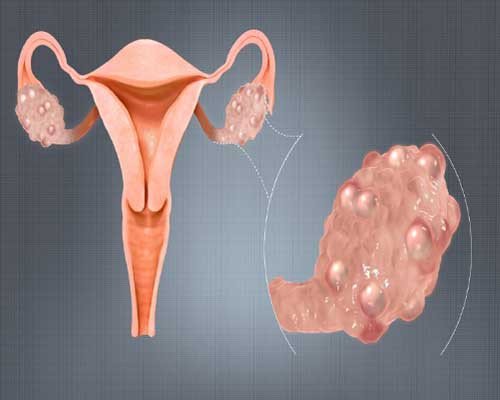

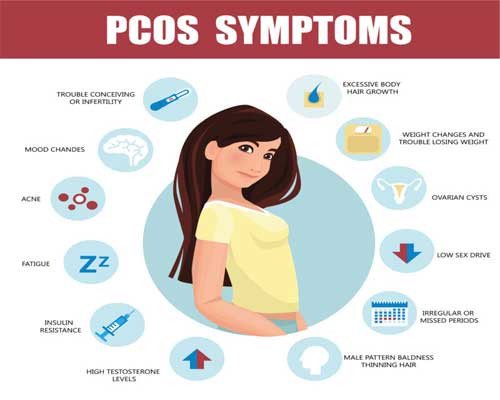


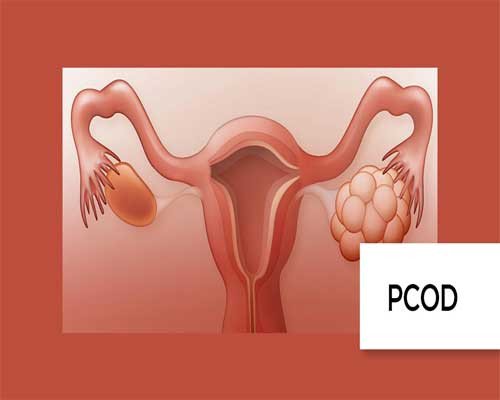







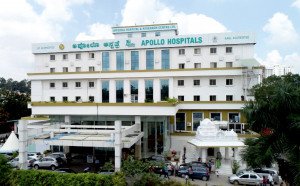


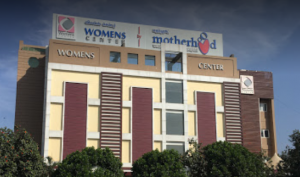


.jpg)



